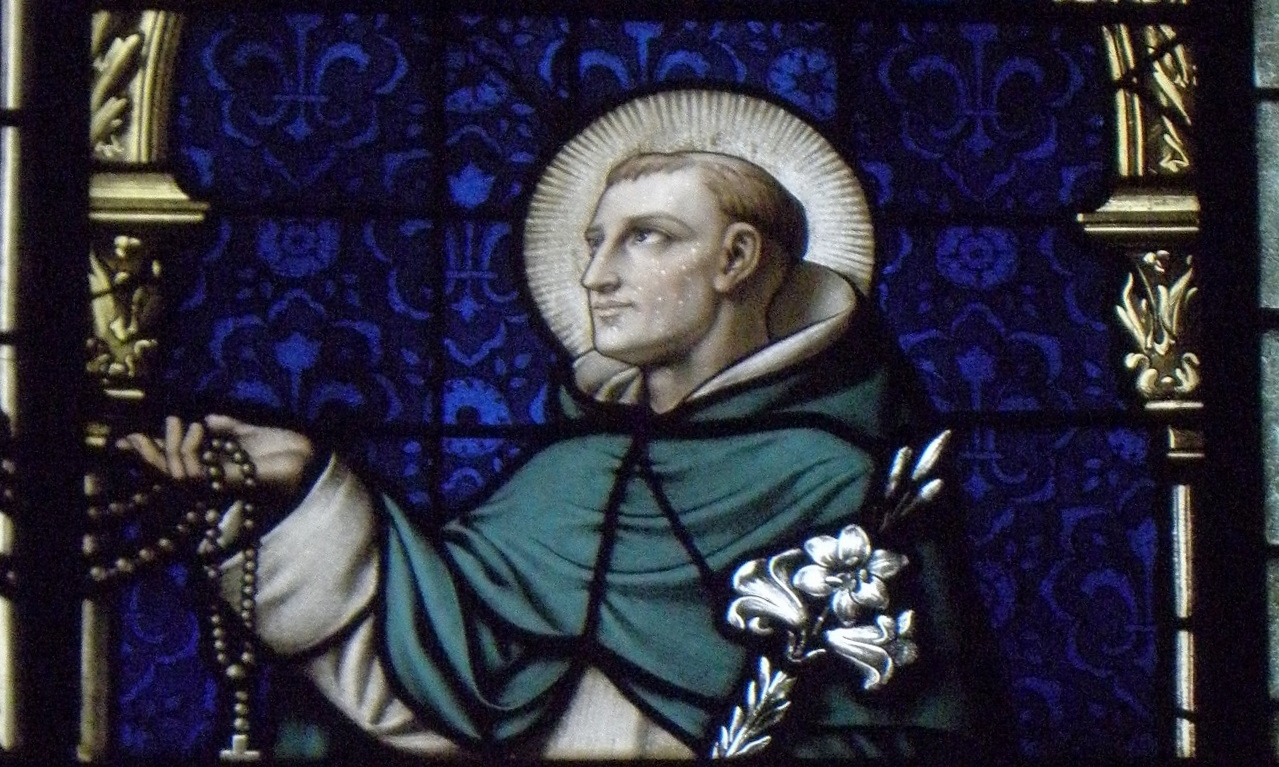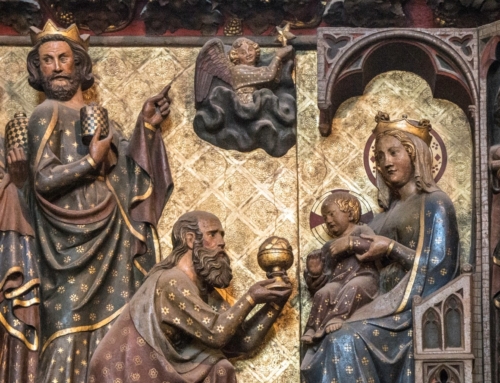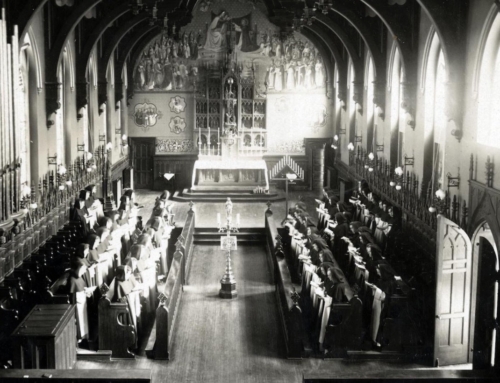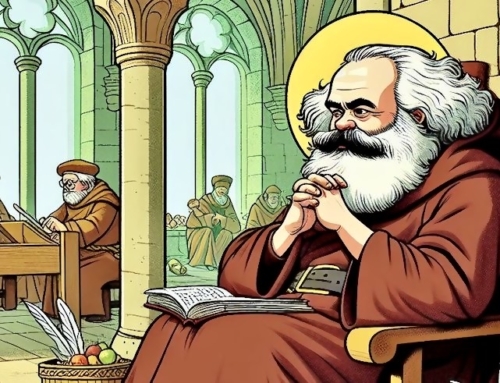Forma Vitae: An Essay on the Dominican Life
A “forma vitae” essay is meant to convey something about the “form of life” that we, as Dominican friars, live in virtue of our religious vows. Each “forma vitae” essay should provide accessible, insightful, and revealing commentary about the Dominican life and vocation. Other “forma vitae” essays can be found here.
As Dominicans, we profess obedience to God, to Blessed Mary, to Blessed Dominic, and to the Master of the Order and his successors. Much could be written about obedience to any of these four persons. Perhaps most striking, however, is the inclusion of obedience to St. Dominic. It might seem like only a pious devotion, a way to invoke our founder at an important moment in our lives. But it is far more than that. The profession of obedience to St. Dominic puts us under his tutelage in a special way. In order to understand this latter point, we must first understand the history and significance of Dominican religious obedience.
Obedience is the greatest of religious observances and the only vow that Dominicans profess. It includes the life of evangelical poverty and chastity and gives order to the whole religious state. Obedience determines the particular religious order we are in and the respective rule that governs and orders our life. As a corporate entity, a religious order is constituted by obedience. Benedictines, for example, profess obedience to the abbot of a particular monastery, and belong only to that local community; they are united with other Benedictine monasteries only in their following of a common rule. We Dominicans, on the other hand, profess obedience to one Master, and so we are all part of one worldwide order. We can be sent wherever the needs of the Church require, even if in practice we remain in the region where we joined. Our promise of obedience makes us Dominicans rather than Benedictines, and gives us the mission of the Dominican order rather than that of the Benedictine order.
The closest forerunners of the Dominican way of life were the canons regular, that is, priests grouped around a cathedral who lived a religious life in common. Saint Dominic himself was a canon in Spain before founding our Order. Canons would usually profess their religious vows to serve a particular Church, altar, or patron saint. This particular obedience made the mission particular. The Dominicans instead made profession to God, to the blessed Mother (Mother of the universal Church), and to the Master, who was at that time St. Dominic. This obedience has a universal scope. Dominicans are not consecrated to a particular service, but rather to the whole Church. This was a novel idea at the time (cf. William Hinnebusch, The History of the Dominican Order, vol 1, New York: Alba House, 1965: 129-30).
We may well wonder, at this point, why St. Dominic’s name was added to the formula of obedience after his death. This was certainly no reversion to the canons’ practice of obedience to a particular saint. Our profession of obedience to St. Dominic is not a promise simply to serve his cult or to say Masses in his honor. It is instead a profound help in our mission to the universal Church. Consider the words of St. Thomas Aquinas on religious obedience:
“The religious state is a school and exercise for tending to perfection. Now those who are being instructed or exercised in order to attain a certain end must needs follow the direction of someone under whose control they are instructed or exercised so as to attain that end as disciples under a master. Hence religious need to be placed under the instruction and command of someone as regards things pertaining to the religious life.” (ST II-II, q. 186, a. 5)
Just as a young man who wishes to learn to lay bricks must apprentice himself to a master, so also the religious who wishes to grow in perfection must profess obedience to a superior. By professing obedience to St. Dominic, then, we place ourselves under his direction. We fulfill our part of the obedience by continuing, centuries later, to carry out the mission which he inaugurated. He fulfills his promise by always interceding for us, that we may receive the grace to bring to completion the life we have begun as consecrated religious. Our profession of obedience to St. Dominic, then, grafts us most perfectly into the order he left behind. Under his guidance, we are helped to participate more perfectly in his work to save souls. But most of all, we are perfected in the virtue of charity by one of its most accomplished practitioners.
✠
Photo by GO69 (CC BY-SA 4.0)







